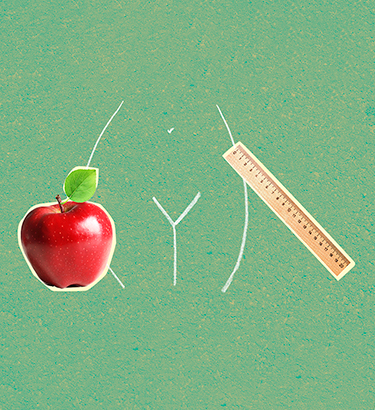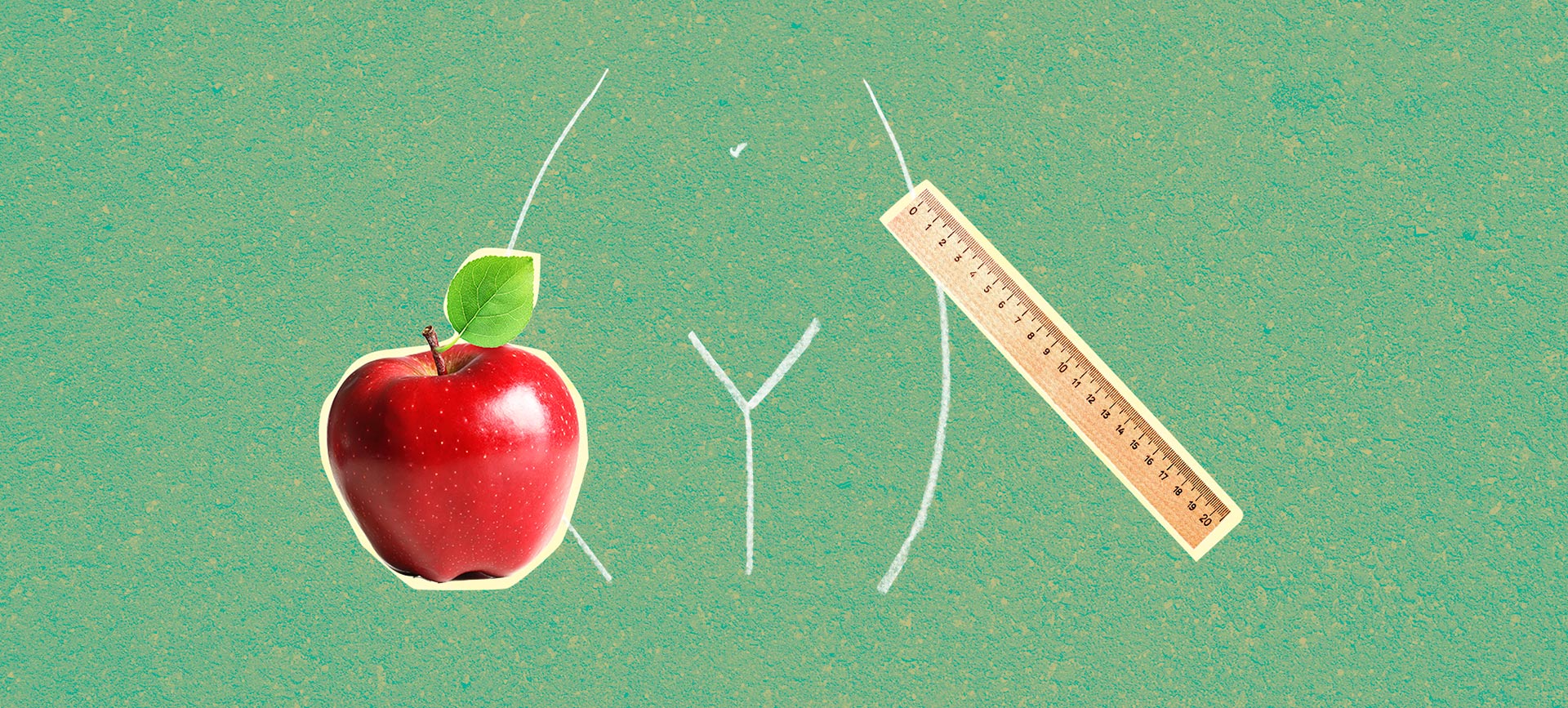When sex education focuses on risk prevention rather than pleasure and sex positivity, orgasms are definitely not a focus. Yet the male orgasm isn't left out completely, because male ejaculation is what might lead to pregnancy, and that's to be avoided. So without even talking about pleasure, the male orgasm gets center stage.
This focus on the type of sex that leads to male orgasm can be misleading and confusing, especially for young women.
"Because we conflate intercourse with sex, a lot of people are disappointed or confused when they do finally have intercourse and find that it's maybe not as pleasurable as masturbation or receiving oral sex," said Kate Sloan, a sex educator in Toronto and author of "200 Words to Help You Talk About Sexuality and Gender."
The focus on the vagina rather than the vulva, which includes the clitoris, means young girls often don't learn about how the clitoris is the part of their body that's most sensitive to stimulation.
"I'd always intuitively known the importance of clitoral stimulation," said Isabelle Uren, a sex expert based in Denmark and writer at BedBible, a source for sex information. "But it was only as an adult that I discovered most women don't orgasm from penetration alone. Had I known this earlier, I would have felt more confident in asking for what I needed."











